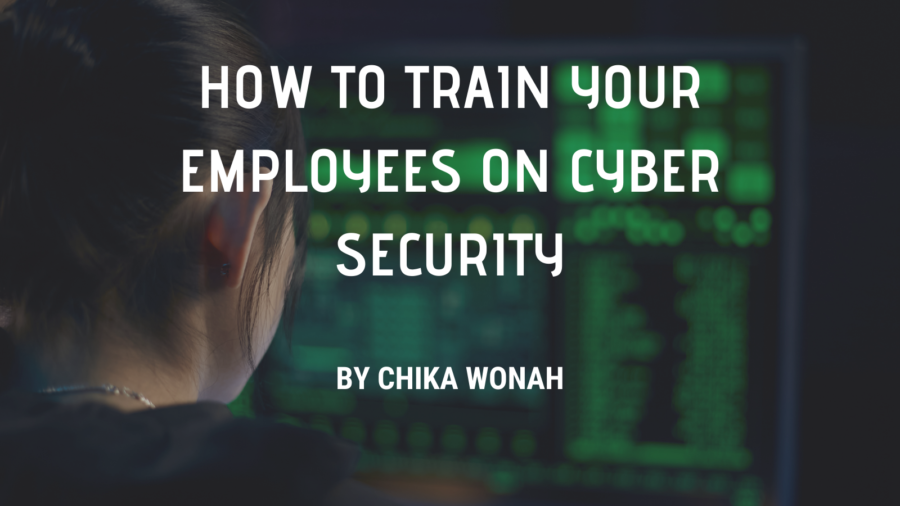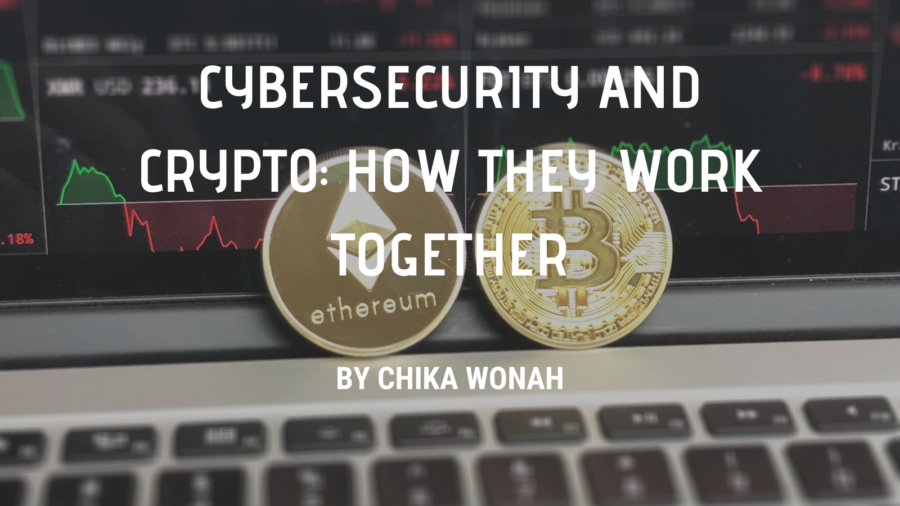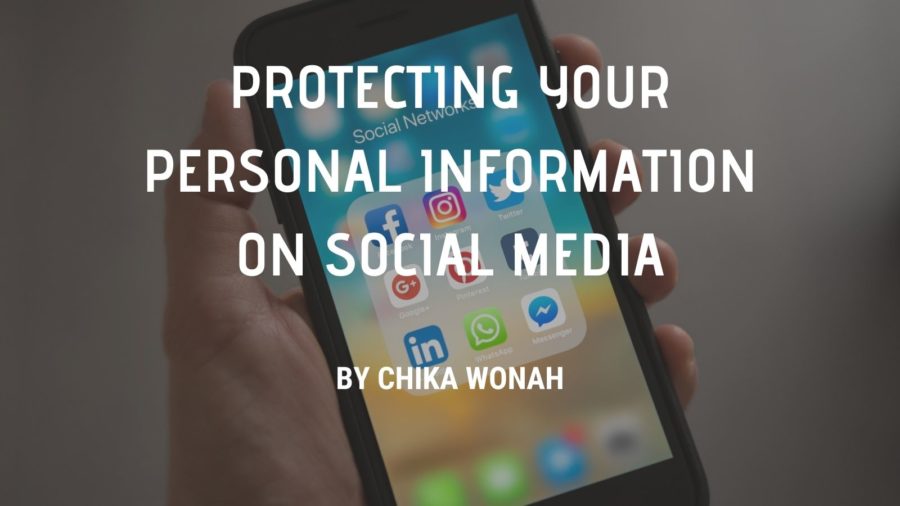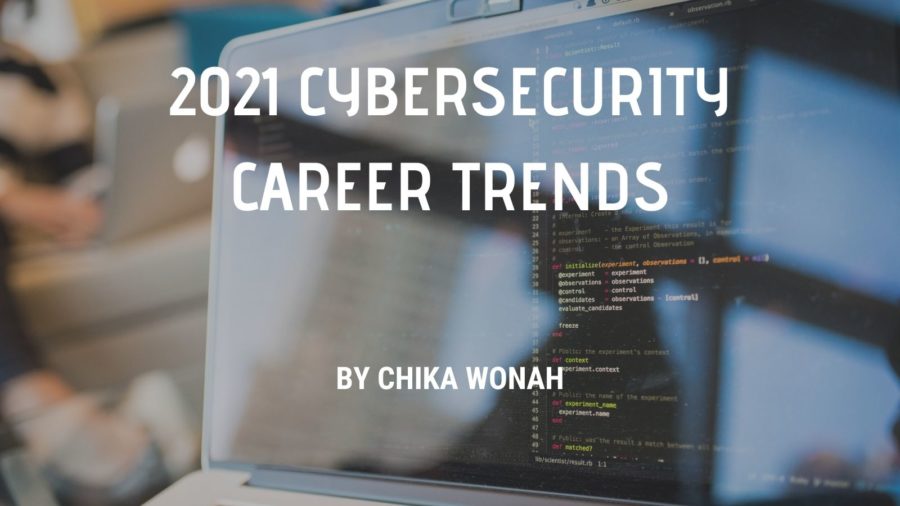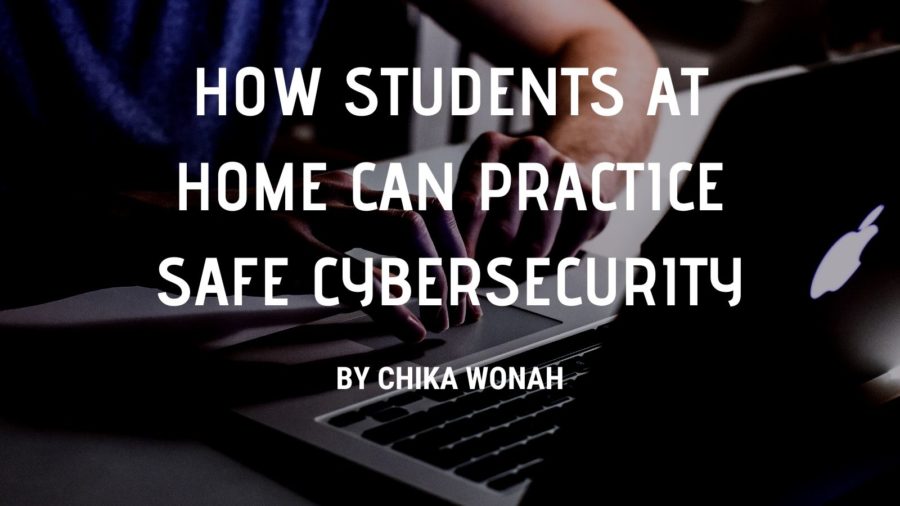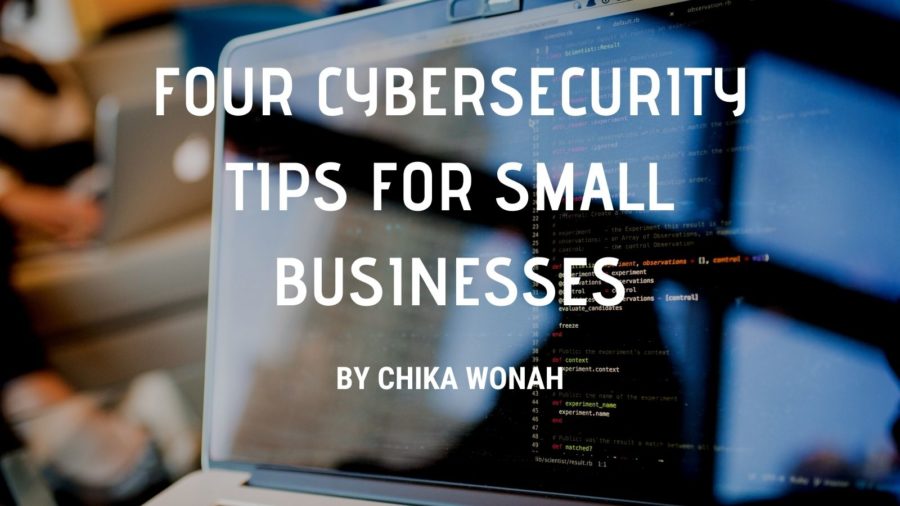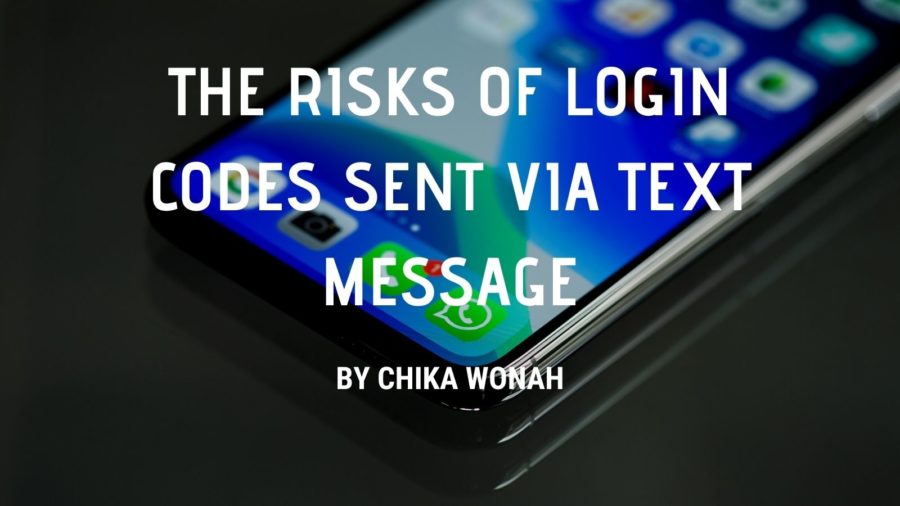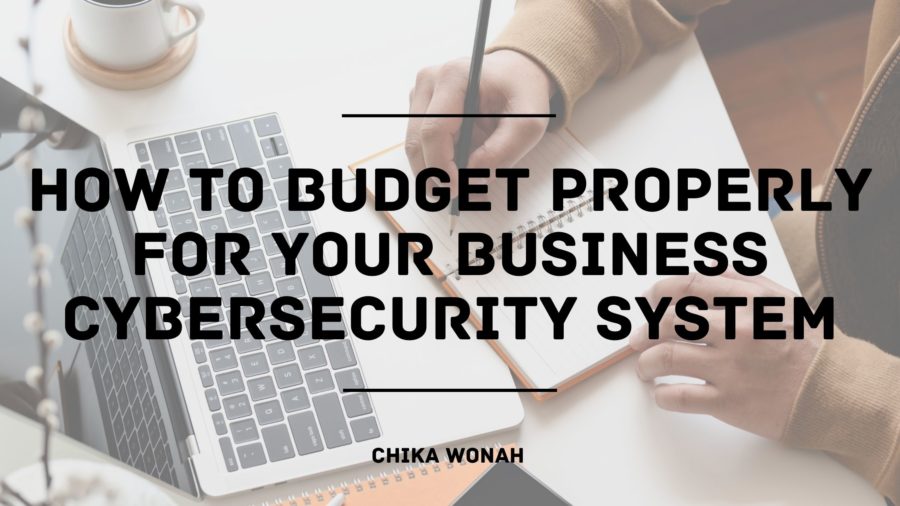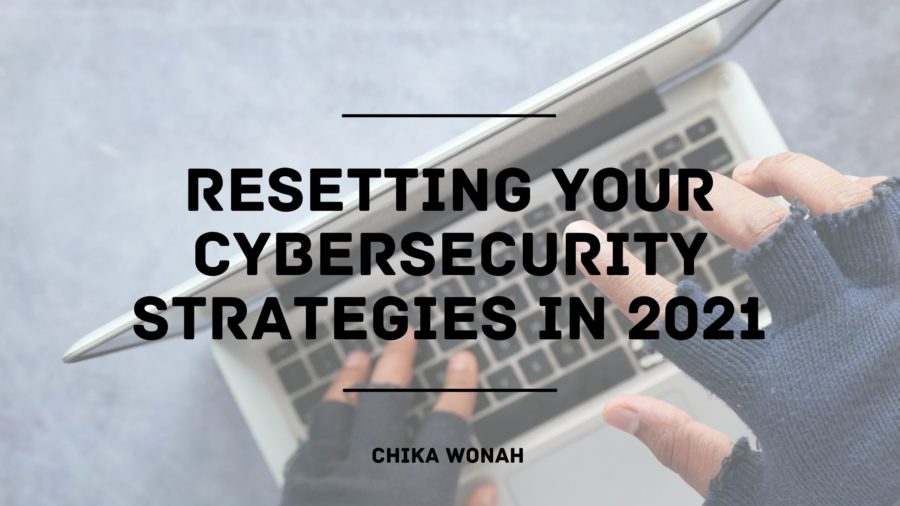These days, data breaches and security issues that affect companies negatively are very common. Often, these issues could have been prevented if the employees had been properly trained on cybersecurity. Cybersecurity can best be defined as practices and protocols designed to protect against hacking and other online attacks. This protection should start with employees. They are frequently the biggest risk in the fight against hacking and cybercrime, but with proper training, they can become a great asset.
Enforce Regular Training
First of all, all businesses should require all employees to regularly undergo cybersecurity training. “Regular” is really the key term. As employees get smarter and better armed against cyber-attacks, hackers do too. This is why frequent, up-to-date training is absolutely necessary. The more regularly employees are trained, the better able they are to protect an organization against increasing and increasingly smart cyber attacks
Discourage Photos
It may sound crazy, but discouraging the taking of photos in the workplace can be an effective way to improve cybersecurity.
The thing about photos is that they often get shared online. And, unintentionally, private information could be shared as well. A perfectly innocent photo could accidentally feature a piece of paperwork with should-be-secure information, or it could reveal a computer screen packed with sensitive data.
Smart hackers often look carefully into the background of these types of photos and gain the information they need to attack. By discouraging photo-taking and teaching safe photo-taking protocols, workplaces can reduce the risk of these types of accidental leaks.
Require Strong Passwords
Almost everyone has found themselves frustrated when using sites that require complex passwords. However, these types of passwords are extremely helpful in preventing security issues. Thus, all organizations should require employees to use complex, regularly changed passwords.
Ideally, these passwords should be sufficiently long, should not contain words commonly found in the dictionary, should contain multiple types of characters, and should not be shared or reused anywhere.
Since employees may be tempted to reuse their passwords on non-work-related sites, be sure to educate them on the dangers of doing so and to enforce consequences for those who have been discovered breaking the rules.
Enforcing cybersecurity among employees may not be easy. It may not always be met with positivity either. But, following these and other smart protocols could take an organization from vulnerable to secure.

